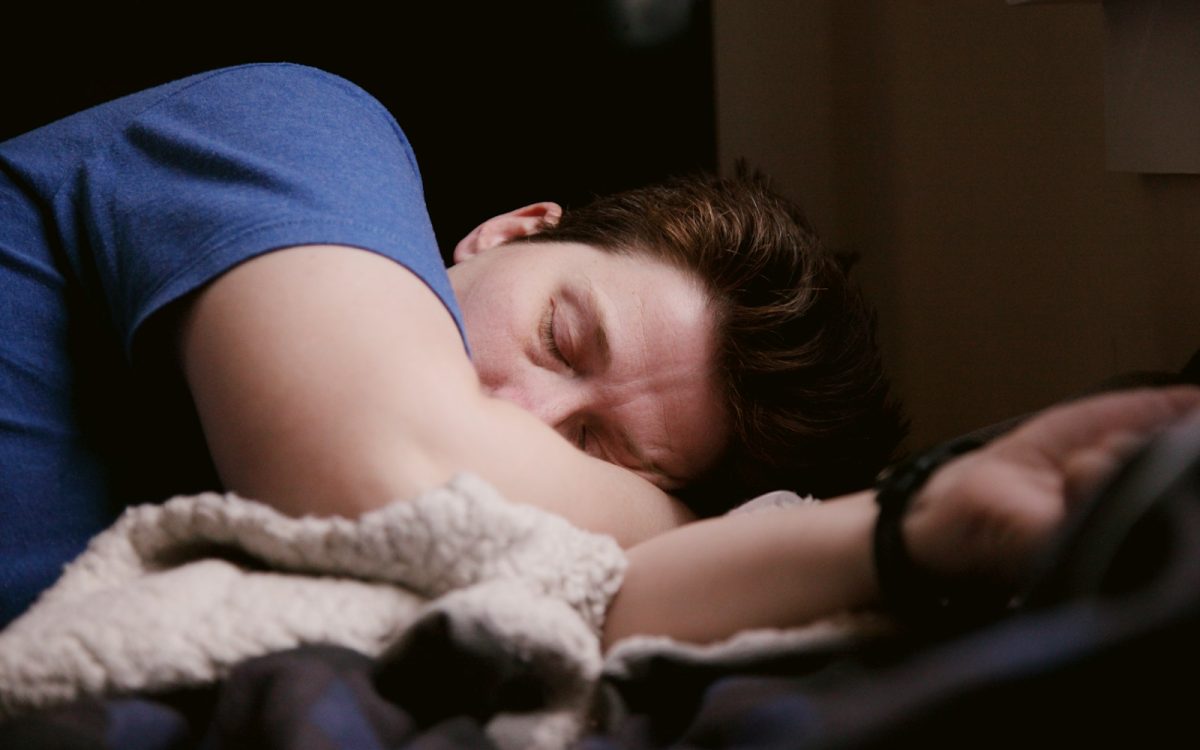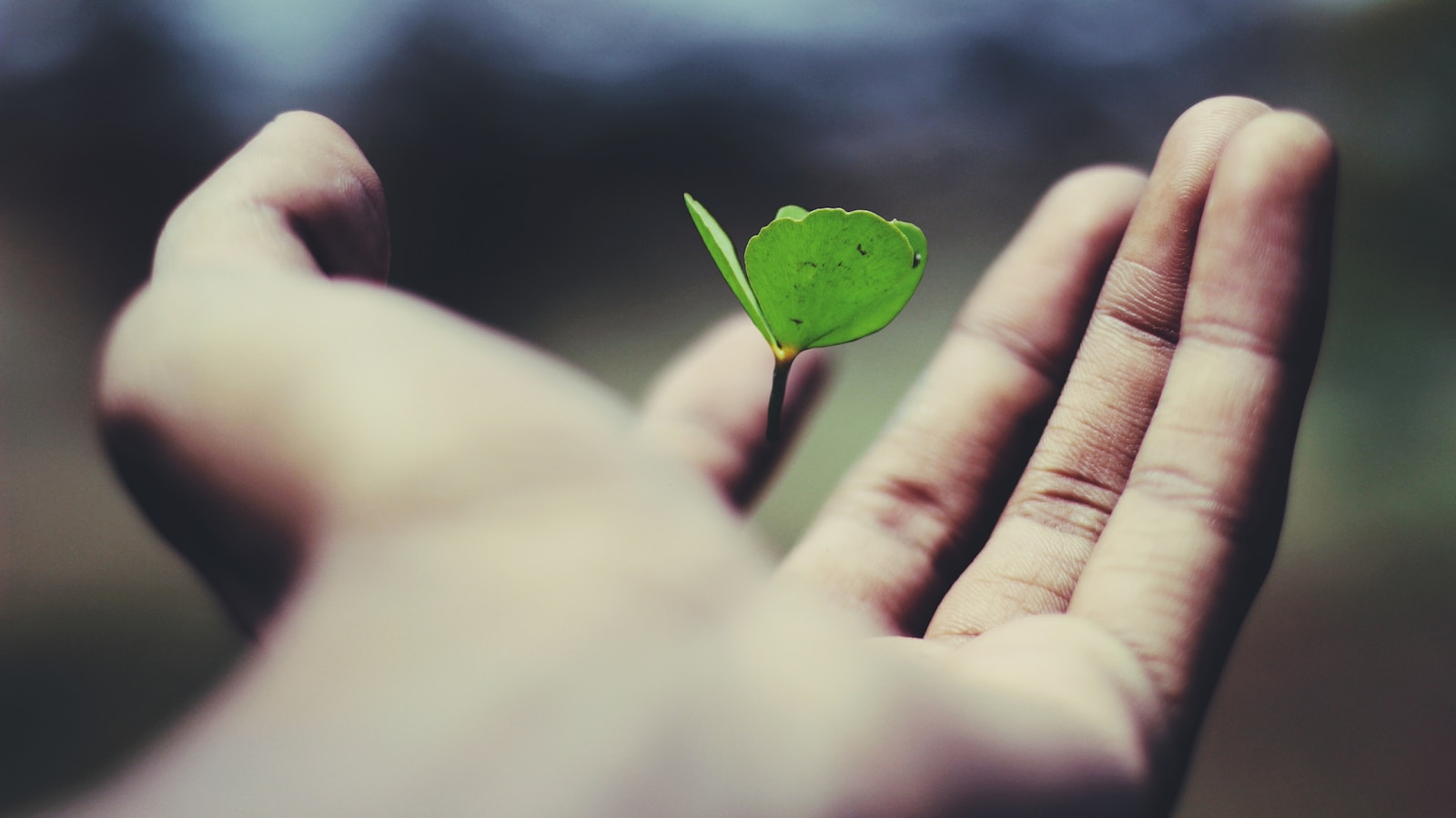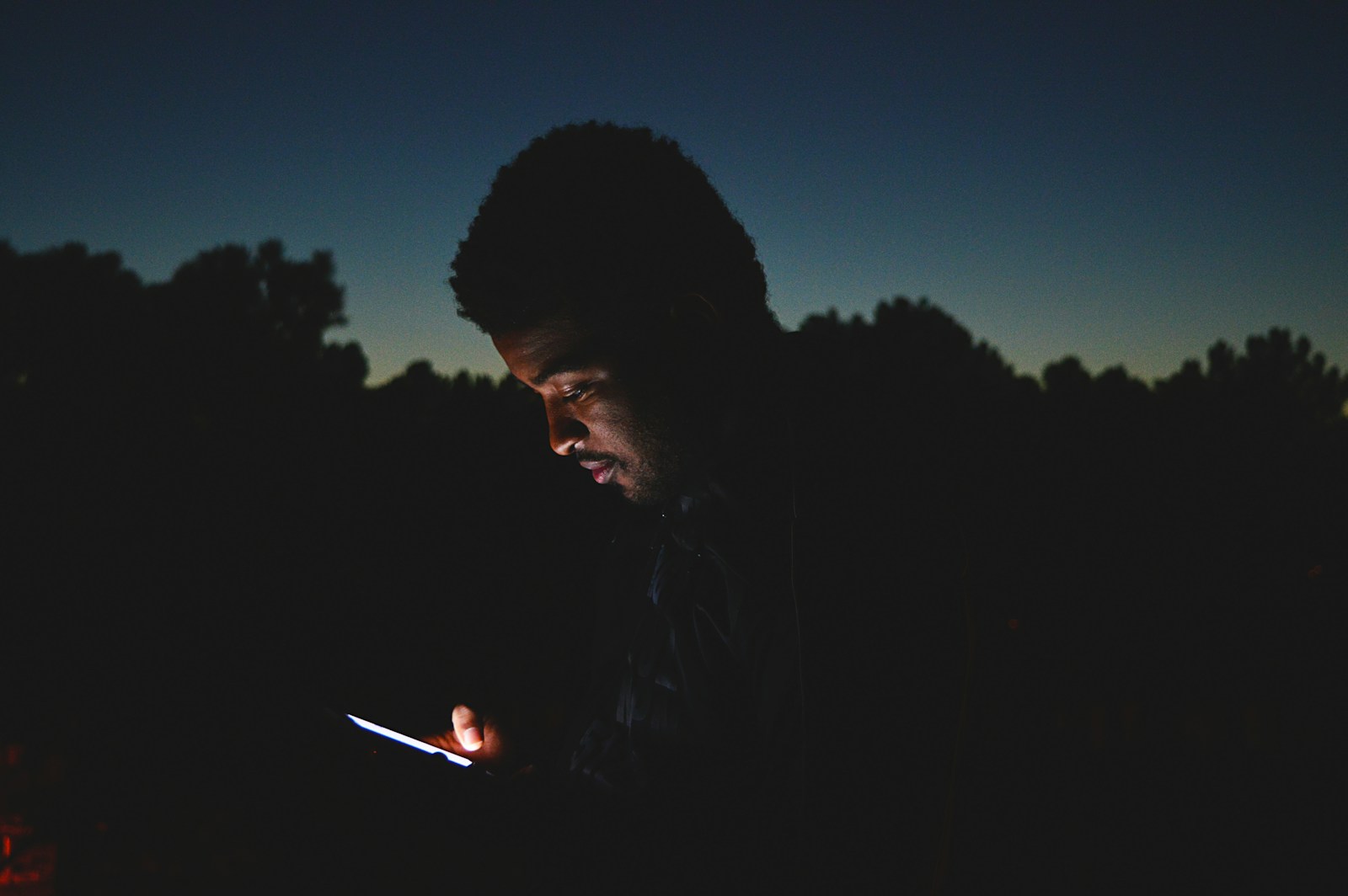Having trouble falling asleep can be frustrating and affect your overall health and daily performance. Here are 10 expert-backed tips to help you fall asleep faster and enjoy more restful nights:
1. Establish a Consistent Sleep Schedule
Go to bed and wake up at the same time every day—even on weekends. Consistency reinforces your body’s natural circadian rhythm and improves sleep quality over time.
2. Create a Relaxing Bedtime Routine
Develop calming pre-sleep habits like reading, taking a warm bath, practicing deep breathing, or listening to gentle music. This signals to your brain and body that it’s time to wind down.
3. Limit Screen Time Before Bed
Avoid phones, tablets, and TV at least 1 hour before bed. Blue light from screens interferes with melatonin production, a hormone essential for sleep.
4. Keep Your Sleep Environment Cool, Dark, and Quiet
A sleep-friendly environment is crucial. Aim for a room temperature around 65°F (18°C), minimize noise, eliminate light sources, and consider using blackout curtains or a white noise machine if needed.
5. Avoid Caffeine and Alcohol Late in the Day
Caffeine can disrupt your ability to fall asleep, so steer clear of coffee, tea, and energy drinks in the afternoon and evening. Alcohol may make you drowsy initially but can lead to restless, fragmented sleep.
6. Get Regular Daylight Exposure
Spend time outside or by a window during the day to regulate your biological clock. Natural light helps keep your circadian rhythm in sync, making it easier to fall asleep at night.
7. Exercise Regularly—but Not Right Before Bed
Physical activity boosts sleep quality, but intense workouts close to bedtime can be too stimulating. Aim to finish exercise at least 2–3 hours before sleep.
8. Use Your Bed Only for Sleep and Intimacy
Avoid working, watching TV, or scrolling on your phone in bed. Associating your bed exclusively with sleep helps reinforce the mental connection between lying down and falling asleep.
9. Try Relaxation Techniques or Meditation
Mindfulness meditation, progressive muscle relaxation, or guided breathing can quiet your mind and prepare your body for sleep. Apps like Calm or Headspace can be helpful.
10. Don’t Watch the Clock
Clock-watching can increase anxiety and make it harder to fall asleep. If you can’t fall asleep after 20–30 minutes, get out of bed and do a quiet, calming activity in dim light until you feel sleepy.
By incorporating these expert strategies, you can create an environment and routine that promotes faster, more restful sleep. If sleep issues persist, consider speaking with a healthcare professional or sleep specialist.





